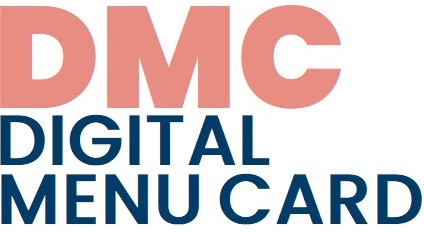The first step is the selection of the most important factors. It is important that they are selected before the beginning of the assessment process. Individual factors are weighted with factor 0-1 (poor-excellent) according to their importance and the mean value – its potential usefulness (values 0-5) is established for each of the ideas. Selected factors and weights need to reflect the objectives which we wish to reach by introducing our invention (for example higher motivation of employees, lower number of claims and similar) and actual situation in the company (the price shall be an important factor in case we have poor financial resources).
Example
The company which records relatively well standing financial position wishes to change its strategy and become a leading company in the segment of panelling girder. In the framework of a new strategy we wish to develop a new market product, for which the idea already exists. Novelty needs to be patented since high value added is expected as well as an entry on foreign markets. Our research and development department fails to have enough apt staff. The existing production programme shall be topical only in 2 years time.
Many ideas are available as a result of one of the techniques of idea creation and we wish to assess the aforementioned ideas. However, the criteria need to be defined firstly (Table 1).
Assessment criteria |
||
|---|---|---|
|
Criterion |
Criterion description |
Weight |
|
K1 |
efficiency of the solution for concrete product |
0.7 |
|
K2 |
long-term fulfilment of strategic objectives of the product |
1 |
|
K3 |
price |
0.4 |
Table 1 : Assessment criteria
| Idea assessment |
K1 |
W1 |
K2 |
W2 |
K3 |
W3 |
Total |
|---|---|---|---|---|---|---|---|
|
Idea |
1-5 |
0-1 |
1-5 |
0-1 |
1-5 |
0-1 |
K1 x W1 + |
|
Find a connection with the university and order a development which shall take more than half a year and which shall be relatively expensive. |
5 |
|
2 |
|
2 |
|
6.3 |
|
Apply for a joint 1 year R&D project which shall be EU financed and is expected to bring solution to problem |
5 |
0.7 |
4 |
1 |
5 |
0.4 |
9.5 |
|
Send our employee to obtained further education at the university. |
2 |
|
4 |
|
4 |
|
7 |
|
Purchase a licence which solves the same problem in a different manner |
5 |
|
1 |
|
4 |
|
6.1 |
|
Lease a commercial service from the company which has a technical solution for the concrete problem |
5 |
|
2 |
|
3 |
|
6.7 |
Table 2 : Assessment results
According to the selected criteria and weights (Table 1), we decide on a joint R&D project – we have plenty of time, we expect the establishment of long-term cooperation, and the project shall be financed by the EU.
The assessment criteria need to be defined firstly. They should represent the goal of creative session (e.g. improvement of relations at school) and the situation related with resources (e.g budget limitations). Therefore, the “weight” is the same for all ideas related to the value of Criterion.
The more precise the selection of factors is, the more comprehensive picture is obtained. The answers frequently turn out to be of subjective nature and collection of many answers is thus recommended which should then be appropriately considered.
If you intuitively feel, the assessment results do not represent the reality, check again how you defined K - “criterion” and W – “weight”.
